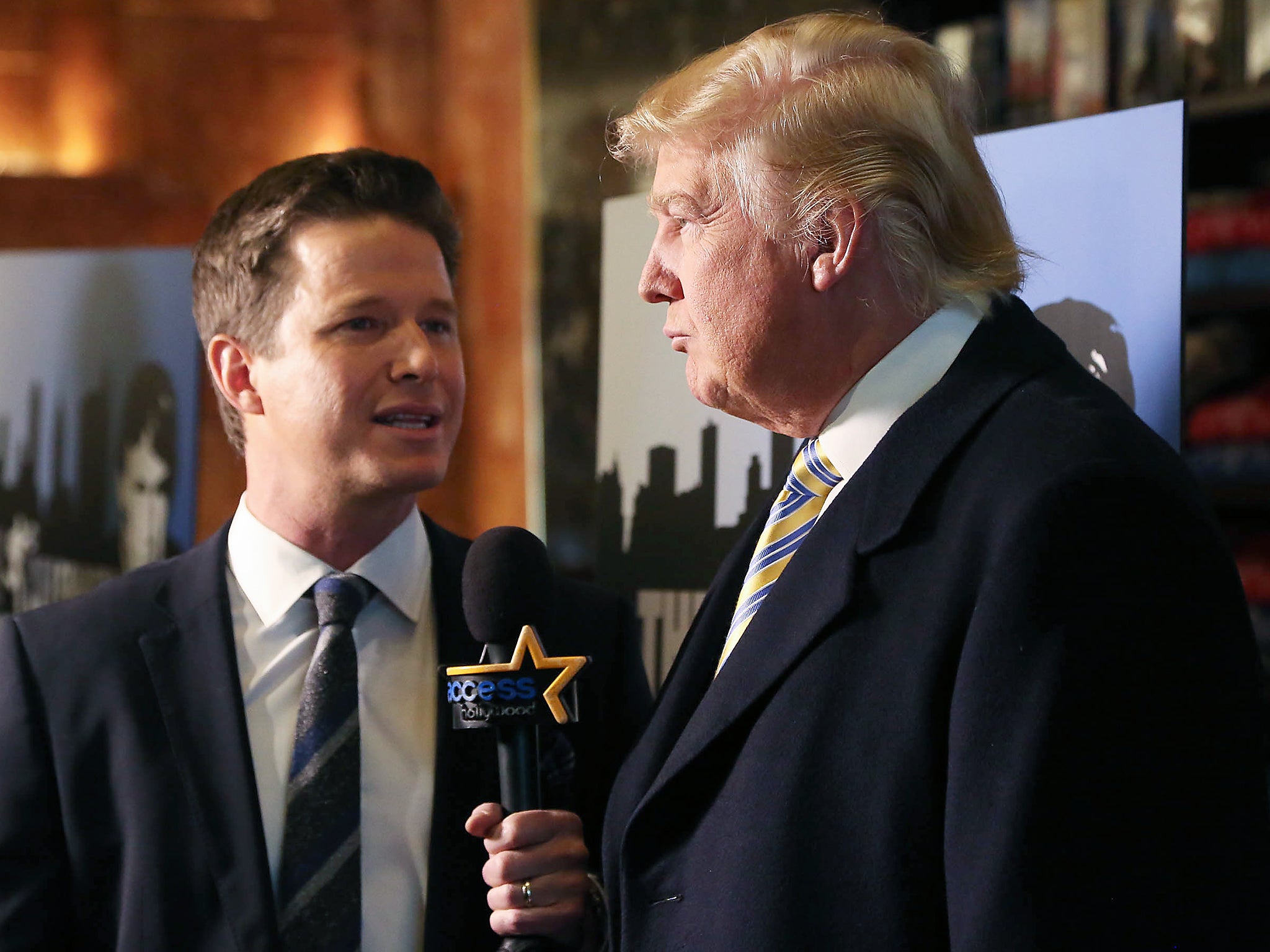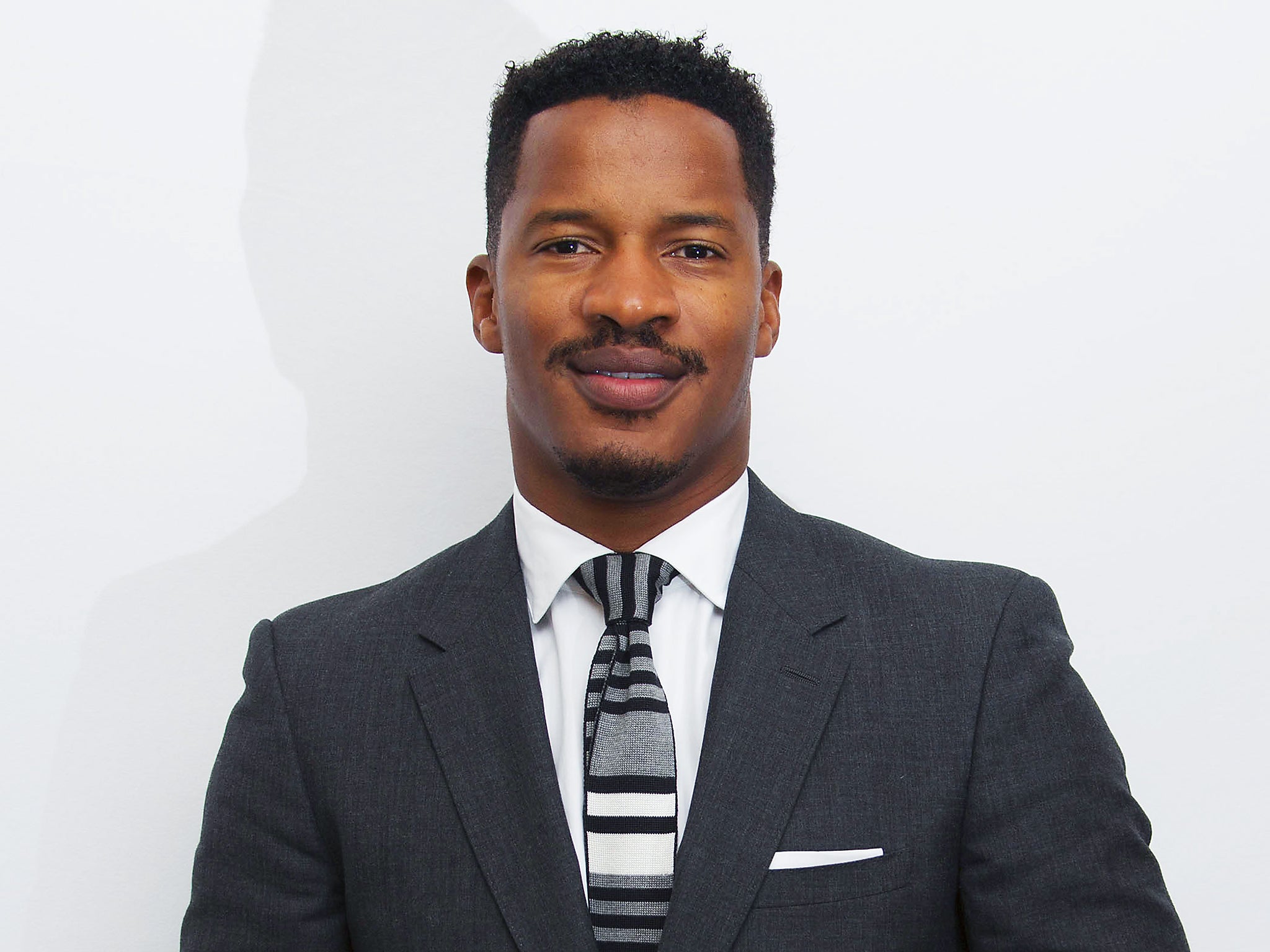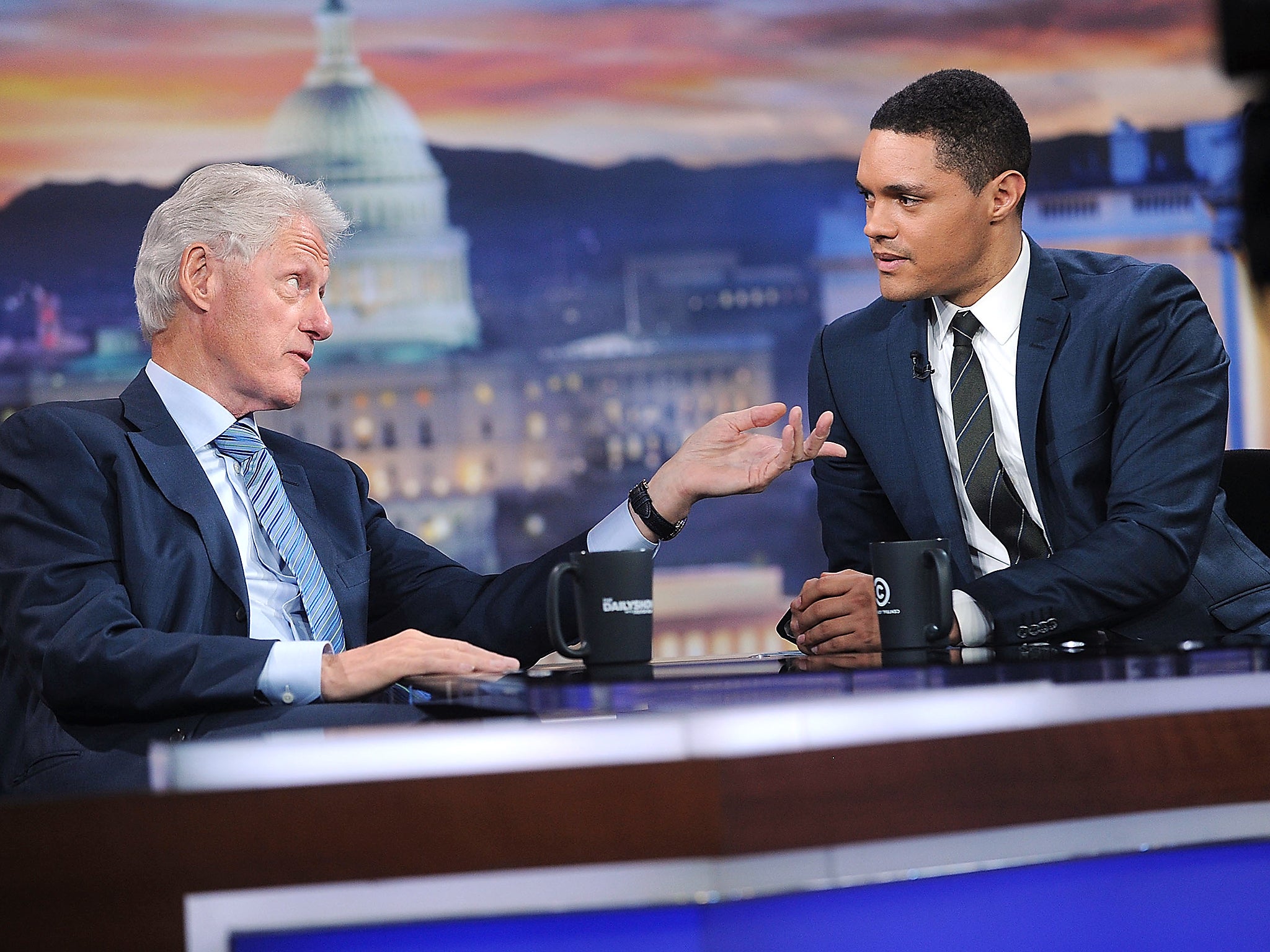The new politics of being a celebrity: The public does the vetting
The new politics of being a celebrity: the public does the vetting

Your support helps us to tell the story
From reproductive rights to climate change to Big Tech, The Independent is on the ground when the story is developing. Whether it's investigating the financials of Elon Musk's pro-Trump PAC or producing our latest documentary, 'The A Word', which shines a light on the American women fighting for reproductive rights, we know how important it is to parse out the facts from the messaging.
At such a critical moment in US history, we need reporters on the ground. Your donation allows us to keep sending journalists to speak to both sides of the story.
The Independent is trusted by Americans across the entire political spectrum. And unlike many other quality news outlets, we choose not to lock Americans out of our reporting and analysis with paywalls. We believe quality journalism should be available to everyone, paid for by those who can afford it.
Your support makes all the difference.Donald Trump took the stage in New York in the early hours of 9 November to thank the United States for electing him President. Meanwhile, thousands of miles away in California, was television show host Billy Bush, unemployed. In 2016, a celebrity lost his job after participating in a more than decade-old crude conversation, and another became the leader of the free world in spite of it. It's an odd dynamic: a candidate elected while bucking political correctness and facing accusations of inappropriate sexual contact as actors and TV personalities are facing career ramifications over questions of past behaviour.
The public is now vetting celebrities at star-making moments in ways once reserved for people running for office. In recent years they’ve dug up old tweets, revisited court cases and lawsuits, and uncovered unsettling details, prompting debates about the ethics of supporting an entertainer’s work. “It’s almost like, ‘Welcome to politics’,” says Rick Wilson, a longtime Republican Party strategist behind some of the most infamous TV campaign ads. Past misdeeds damaging present careers is “the kind of thing in political life that we expected for years”'.
In the world of entertainment, these controversies can be as serious as criminal rape charges or as banal as distasteful jokes – and get extra attention amid increased conversations about race, gender and sexual assault. In Nate Parker’s case, his directorial debut in The Birth of a Nation earned serious Oscar buzz in early 2016 and a Sundance-record deal with Fox Searchlight. But as the PR campaign for the film mounted, the media took a closer look at Parker's 1999 rape case. Parker, then a college student, was acquitted and has since maintained the act was consensual. But the public scrutiny increased when reporters discovered new details, including his accuser’s 2012 suicide.

Soon, many asked whether it was ethical to support the movie. Ultimately, the film about Nat Turner’s slave rebellion was a box-office flop that netted zero Oscar nominations. “It becomes that question: do you judge an artist’s work based on just their work, or other things?" says Dan Berger, president of the independent film company Oscilloscope. “There’s the work and there's the person. From a business standpoint, both of those things matter greatly.”
Oscilloscope, founded by the late Beastie Boy Adam Yauch, a politically vocal celebrity himself, hasn’t worked with huge stars on giant projects, so it hasn't had to face this dynamic. But if it were to pour millions into a film, “for sure we'd be vetting this from a PR standpoint. All of that, it's become a necessary thing,” Berger says. Those who are “making and putting films out into the world are speaking to a more vocal and more active group of people” than in the past, he said. The internet has made it easier than ever to become a sleuth, and social media provides a megaphone for anyone to create a firestorm.
Allegations of sexual harassment and assault by Bill Cosby had been in the public sphere for years; but a video of a stand-up comic's joke going viral in 2014 lighted the spark that eventually led to Cosby's downfall. Twitter provides a digital record of past statements. In 2015, Comedy Central announced that Trevor Noah would take over The Daily Show – and less than 24 hours later, the South African comedian came under fire for jokes he tweeted in 2009 about women and Jews. He weathered that storm and, after taking over the show, he had his team members go over their own old social media postings for anything potentially offensive.
Last year, Saturday Night Live hired Melissa Villaseñor, its first Latina cast member – a development soon overshadowed by the discovery of old Twitter jokes about race. She promptly set her account to private and purged her timeline. “Society, especially the last few years, has begged for heroes – and it revels in destroying people,” said former GOP representative Trey Radel, who resigned from Congress in 2014 after pleading guilty to a cocaine drug charge. He has since started a media firm offering crisis management services and written a book about how Washington functions. “We build people up and we tear them down,” Radel says, citing Ken Bone, the red sweater-wearing undecided voter who became a meme before the internet dug up his less-than-wholesome online comments. “This is also one of the reasons why a lot of people are apprehensive to run” for office, Radel added. “These days, you have kids to young adults growing up, whose every moment is caught in a still picture or video.”

In the political world, this kind of vetting comes in the form of opposition research. Members of Congress or well-funded candidates hire opposition researchers to look into not only an opponent's past statement and deeds, but sometimes their own, Radel says. Some “would pay to oppo-research even people who simply flirted with running for the same office,” he adds.
But the “radical democratisation of information and research”, as Wilson puts it, means you don't have to be a skilled oppo-researcher to look for damning material. Parker’s case had long been on his Wikipedia page. Seven years ago, the entertainment press covered sexual harassment lawsuits filed against Casey Affleck by two women involved in the production of a 2010 project. Affleck denied the claims, which included allegations of lewd comments and aggressive behaviour, and threatened to counter-sue. The parties settled out of court. But by 2016, Affleck’s film Manchester by the Sea performance was getting Oscar buzz, prompting a renewed interest in the legal battle. The Daily Beast published a lengthy narrative of the allegations and dubbed them his “dark secret”. Some journalists and others, such as actress Constance Wu, argued that Hollywood shouldn't anoint him with an Academy Award.
It’s unclear how Affleck's career will be affected. But the storyline won’t go away. On his WTF podcast, Marc Maron acknowledged continued questions “about why aren’t more outlets asking Casey about these accusations, particularly in the current cultural climate”. But he said he didn’t ask Affleck about the case because the terms of the settlement prevent the actor from talking about it.
In some ways, this dynamic is an amplified version of how celebrities have been vetted for decades. Mel Gibson spent 10 years iced out of the movie business after his comments about Jews during a drink-driving arrest went public. The academy faced criticism in 2003 for awarding an Oscar to director Roman Polanski, who decades earlier pleaded guilty to unlawful sex with a 13-year-old girl and fled the country shortly before sentencing.

Then there was Frank Sinatra, “the pioneer of celebrity scandal”, says James Kaplan, author of Sinatra: The Chairman. As “an old lefty” and unabashed FDR Democrat, “he was the adored punching bag of every conservative columnist in America” who served as “the equivalent of the internet then”. Critics boycotted his music and movies. Sinatra did himself no favours by going to Cuba, mingling with mobsters, having affairs and drunkenly punching people in public. His record label dropped him in 1952, and he seemed headed for oblivion. But he experienced a comeback during the mid to late 1950s with a new record label, new music and a Best Supporting Actor Oscar. “He was pretty much bullet-proof, no matter what he did,” Kaplan says. “He was piling up so many gold records and selling so many movie tickets.”
Kaplan says of stars embroiled in controversy today: “These guys are small potatoes compared to what Sinatra was” in terms of talent and stature. Sinatra escaped career destruction in part because accepted cultural norms were different, as evidenced by old Rat Pack recordings. “There was less intense and less deep scrutiny inside the lives of celebrities, and there was more tolerance about what was regarded then as naughty fun and as regarded now as totally and completely politically incorrect,” Kaplan says.
The vetting of off-camera words and deeds reflects how much of public life has become politicised during the 2016 election season and aftermath. Liberals and conservatives have mounted boycotts over cereal, coffee shops and clothing lines over the companies' perceived political alignments. Performing at a presidential inauguration, once viewed as a banal honour, became a fraught gig in 2017. “People demand to know what side of the aisle their celebrity is on, and if you're not on their side, people are going to pick a fight,” Radel says.
The election also showed the divide over what is considered reprehensible. Trump won despite saying things that your common C-lister can’t because he didn’t need the support of those most offended. And while such liberals are shut out of the White House, they still have power in Hollywood, where their social mores around race, gender and sexuality matter. “We can boycott a movie, but we can’t boycott the secretary of the interior,” Berger observed. “I don't want to say we’re harder on an actor who has done something horrible than a politician who is horrible. We just can’t express ourselves the same way, as immediately.”
© The Washington Post
Join our commenting forum
Join thought-provoking conversations, follow other Independent readers and see their replies
Comments